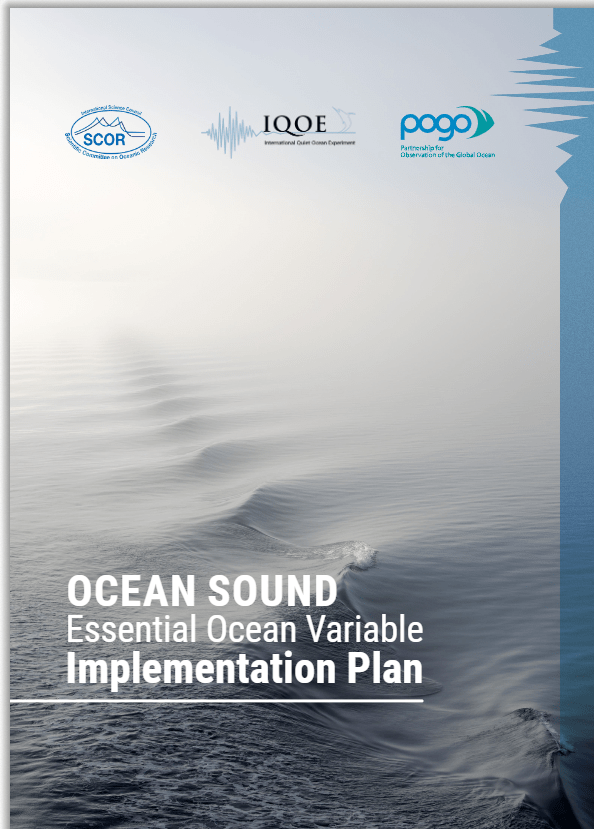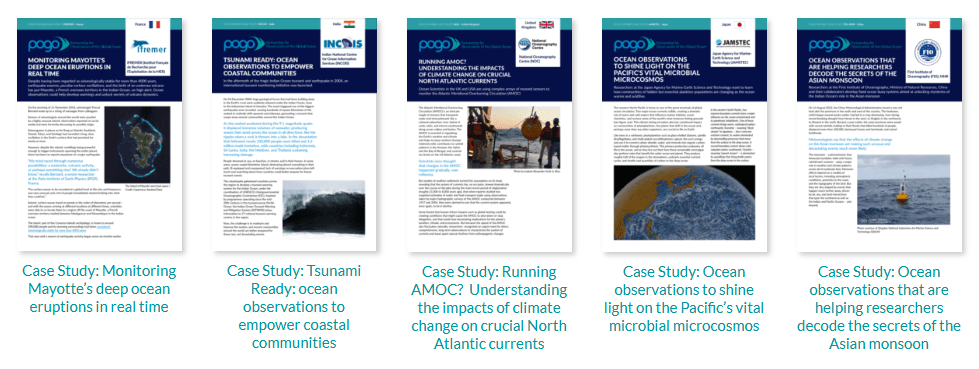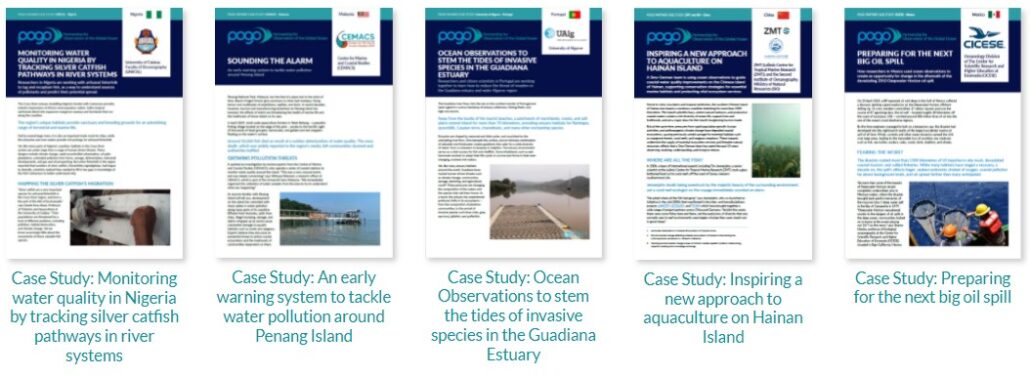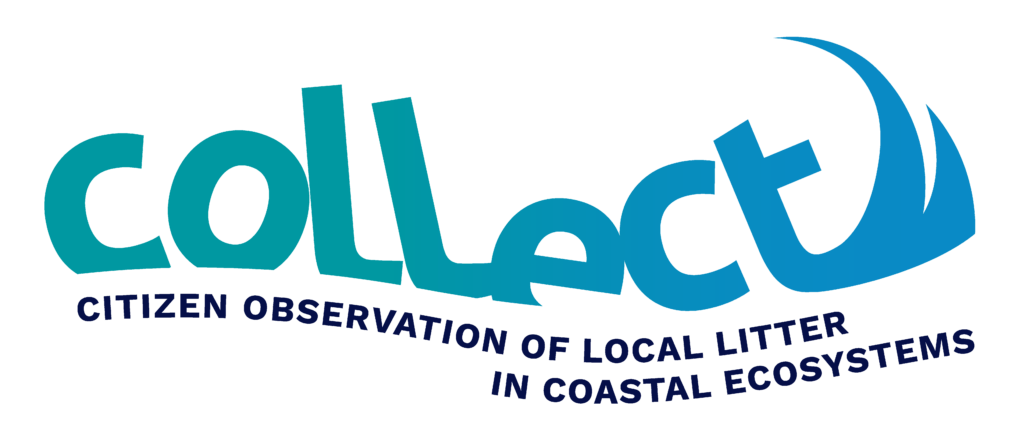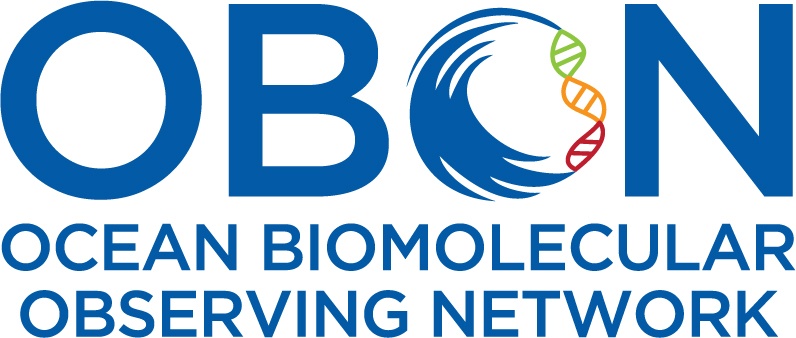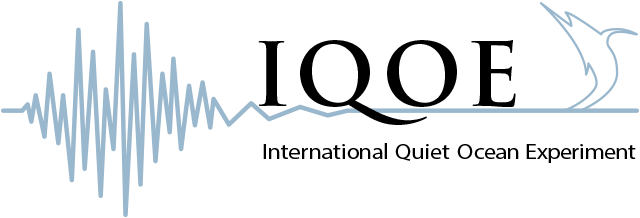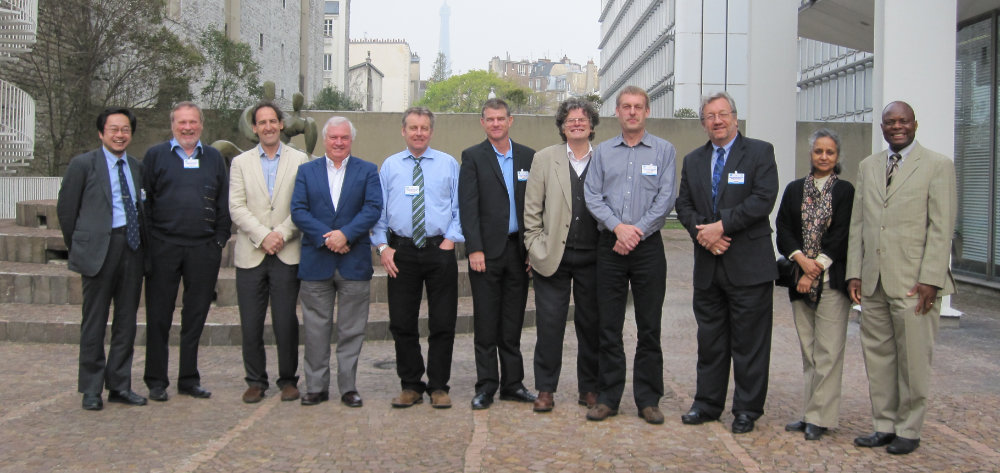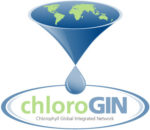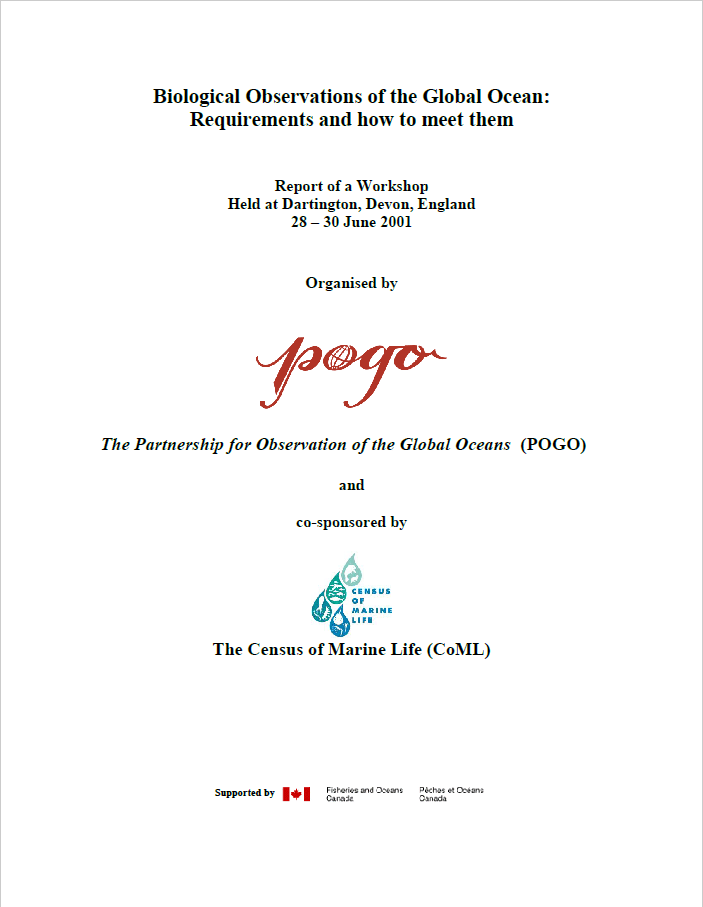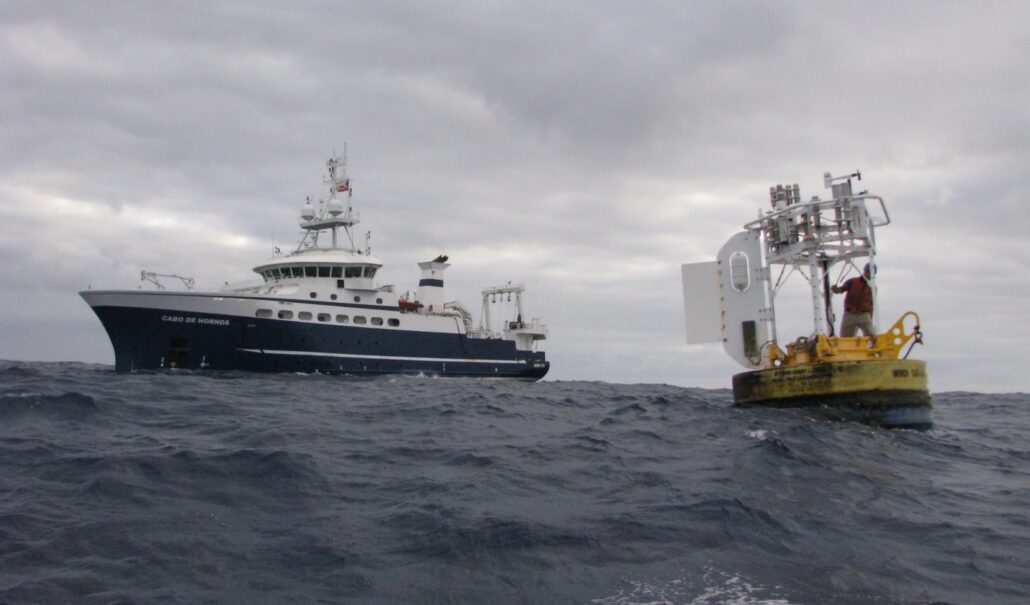Ocean Sound Essential Ocean Variable Implementation Plan published
The International Quiet Ocean Experiment (IQOE), sponsored by SCOR and POGO, published the Ocean Sound Essential Ocean Variable (EOV) Implementation Plan, providing a framework for passive acoustic observations that will advance our use of sound to understand the ocean.
Ocean Sound Essential Ocean Variable Implementation Plan published Read More »

